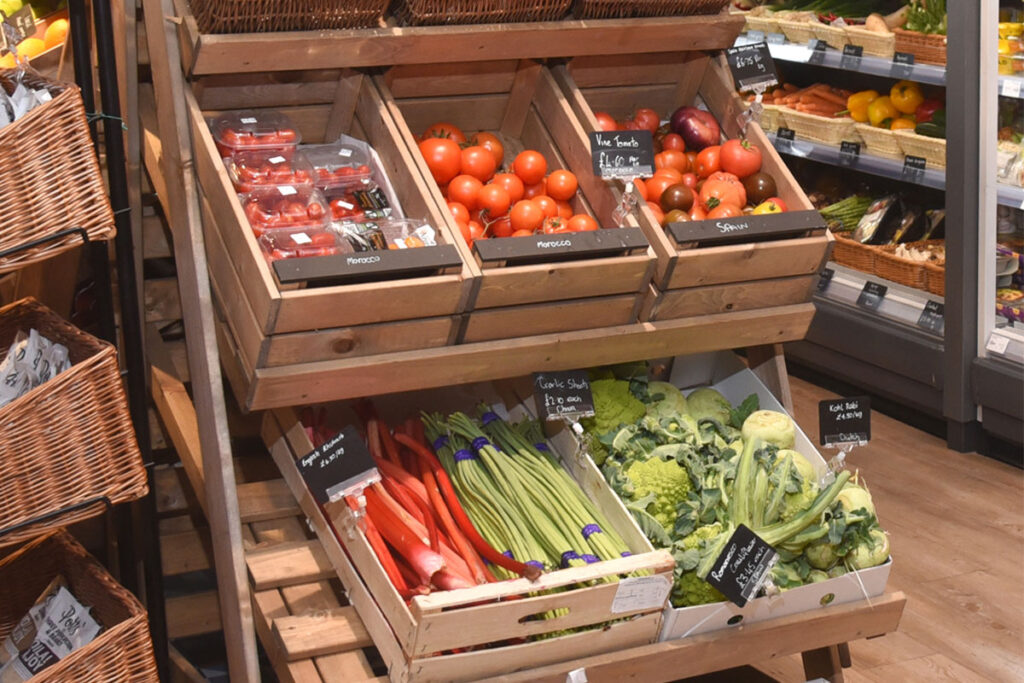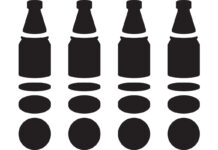Overall inflation ticks down, but food costs continue to rise

FOOD costs continue to rise upwards, according to the latest inflation statistics from the Office for National Statistics (ONS).
Covering 12 months to the end of August 2025, the ONS said that food and non-alcoholic beverages costs continued to climb on a month-to-month basis to hit the new high of 5.1%. This was up from the figure in July when it sat at 4.9%.
This marked the fifth consecutive increase for the figure so far this year and has become the latest highest recorded figure for the category since January 2024.
When examining the overall picture of inflation, there was a slight reprieve in August as the overall consumer price index including housing costs (CPIH) figure dropped down to 4.1% by the end of the month, down from the figure at the end of July of 4.2%.
This jump in inflation has primarily been driven by small upward cost changes in the rate of three of the 11 food and non-alcoholic beverages classes, namely: vegetables; milk, cheese & eggs; and fish. These were partially offset by a slight fall in the prices for bread and cereals; and oils and fats.
Karen Betts, chief executive at The Food and Drink Federation (FDF), said: “It’s concerning seeing food and drink inflation rise further, to 5.1% in August, when commodity and energy prices are fairly stable.
“There are still notable pressures on coffee, cocoa, olive oil and dairy prices, but otherwise the continued rise is explained by regulatory and tax costs.
“This year’s increases to employer National Insurance Contributions, the new packaging tax, business rates rises and the cost of border checks including to Northern Ireland are heaping costs on our sector.”
This also follows on from the FDF updated its projections for the rest of the year when it comes to food and drink inflation as the firm said it is now projected to hit a new high.
In response to this, Betts has called on the UK Government to better support manufacturers across the country to help keep the final cost to consumers down.
She said: “We need government to bring down the cost of regulation – so it’s better designed, easier to implement, and better sequenced so it doesn’t all land at once on companies struggling to cope.
“Manufacturers are looking to the Chancellor in the Budget to ensure we have proper policies and incentives in place to drive productivity growth across food and drink, to offset regulatory and tax costs, and to boost the employment and prosperity that food and drink manufacturing provides in communities up and down the country. She must resist bringing in new costs to ensure the UK is an attractive place to invest.”






















